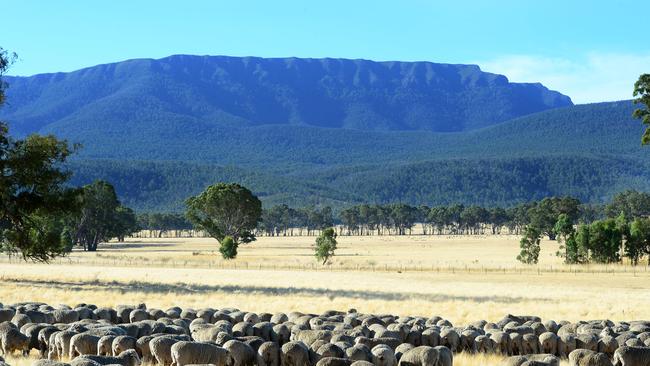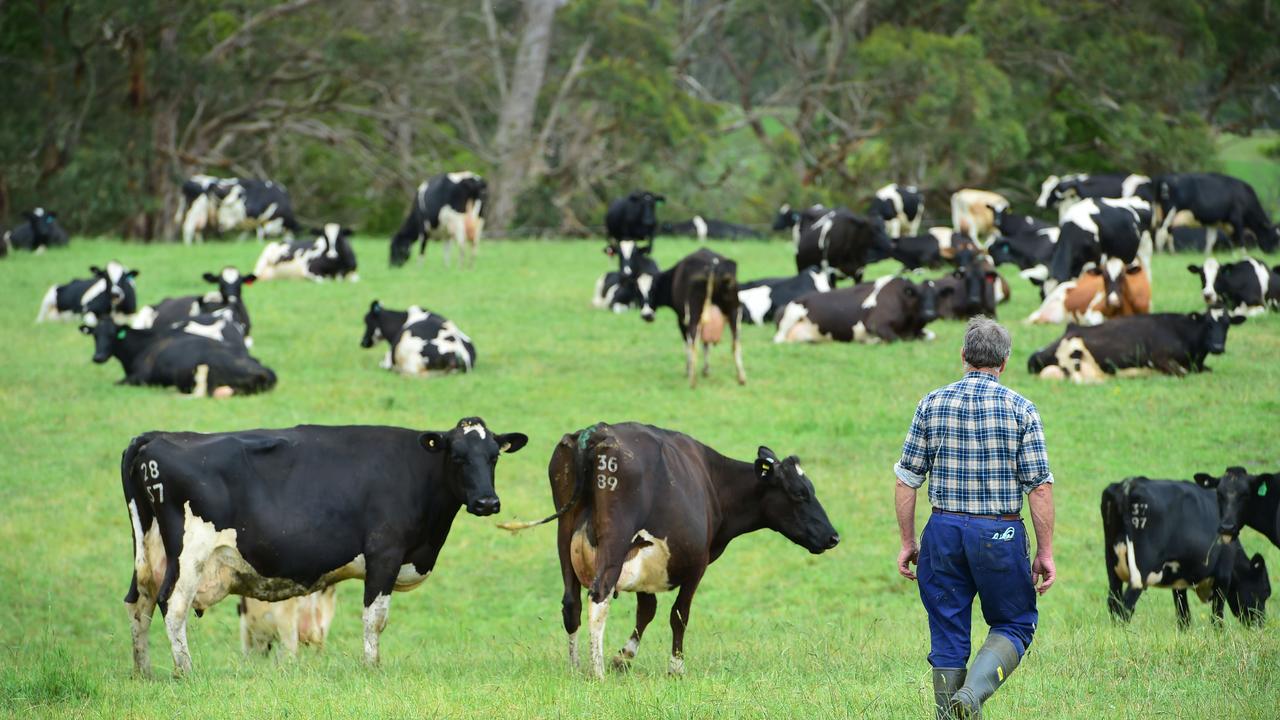Rural crime: Under-reporting thefts from farmers creates vicious cycle
CRIME in farming communities can be fought only when the real depth of it is out in the open, writes Dr ALISTAIR HARKNESS.

LET’S dismiss once and for all any notion that crime is an urban phenomenon and that beyond the cityscape lies a crime-free rural idyll.
Equipment, livestock and anything else of value on farms continue to be magnets for opportunistic and organised criminals alike.
Misplaced beliefs around rural offending exist, though, because not all victimisation is reported. Indeed, studies in NSW in 2001 and 2014 showed only half the crime experienced on farms was reported.

Ongoing research in Victoria paints a similar picture.
This is very concerning and has serious consequences.
The “dark figure of crime” — the term used to describe crimes committed but which are not recorded in the official statistics — means policy and decision makers cannot obtain an accurate understanding of the true extent of rural offending rates and patterns.
Non-reporting, therefore, affects resourcing decisions.
If the reality of farm crime is not known, then appropriate attention cannot be paid at either local or statewide levels.
It also means the weight of the law won’t be applied to those who engage in criminality — after all, investigations can only occur after reports are made.
Reasons offered for not reporting farm crime are many and varied.
There may be concerns that reports of offending behaviour won’t be taken seriously or that nothing can be done.
A lack of evidence or uncertainty as to whether a crime has actually been committed or too much time has passed inhibits some from reporting.
And oftentimes there are concerns that the offender is known and living in a community and there exists fear of reprisal.
Crime prevention, though, is a shared responsibility, and everyone needs to have some skin in the game.
Tackling the scourge of farm crime must be done in partnership — individuals, communities, police and government all have a role to play.
For farming communities, the importance of keeping an eye out for each other, implementing measures on farms to deter and prevent crime occurring in the first place, and reporting crime and suspicious behaviour to police or anonymously to Crime Stoppers when it does occur cannot be overstated.
And our decision-makers also need to ensure hardworking country cops are given all the resources they need to fight farm crime effectively.
While there is now much greater attention being directed to farm crime, more needs to be done. Acquisitive crime on farms is a reality and harms local rural communities socially, emotionally and financially.
It also has impacts on the broader agricultural sector and therefore the national economy.
It is a very serious issue — and one that warrants an equally serious and determined response from everyone in the game.
• Dr Alistair Harkness is a senior lecturer in criminal justice at Federation University


